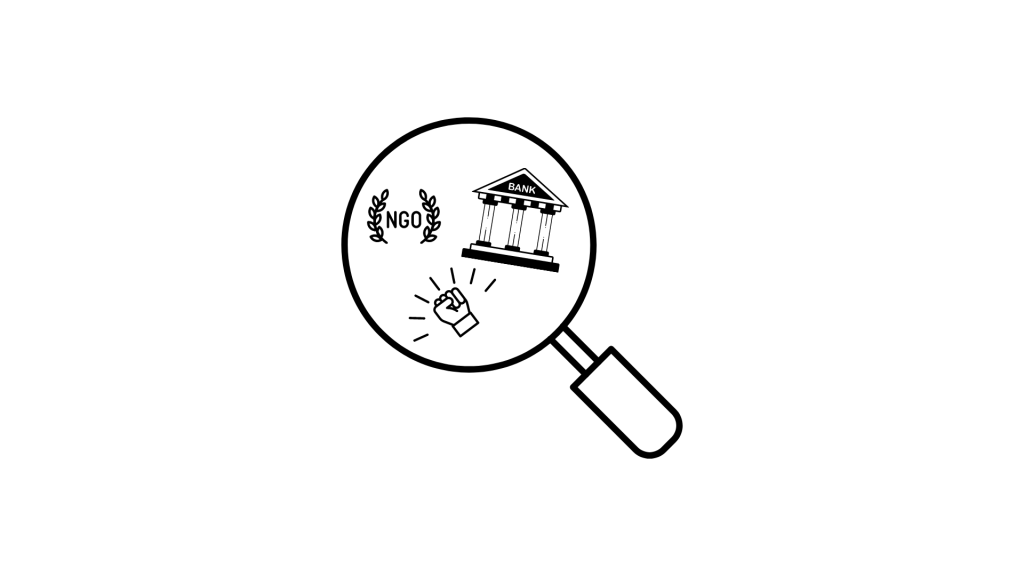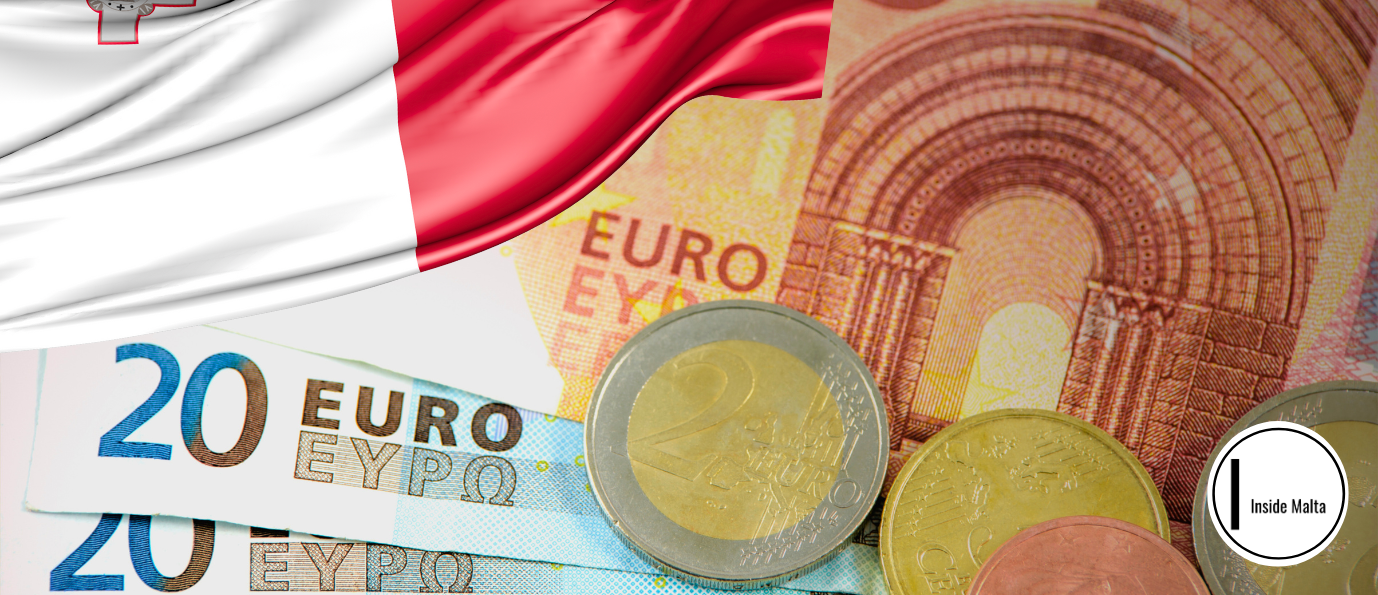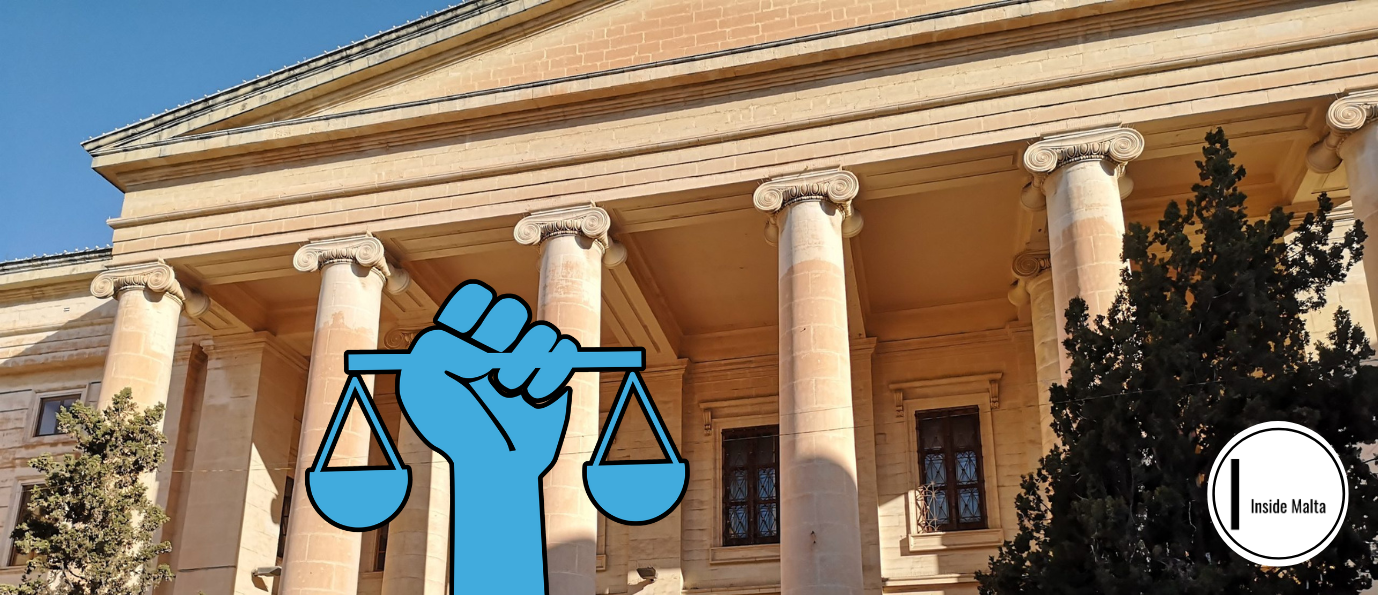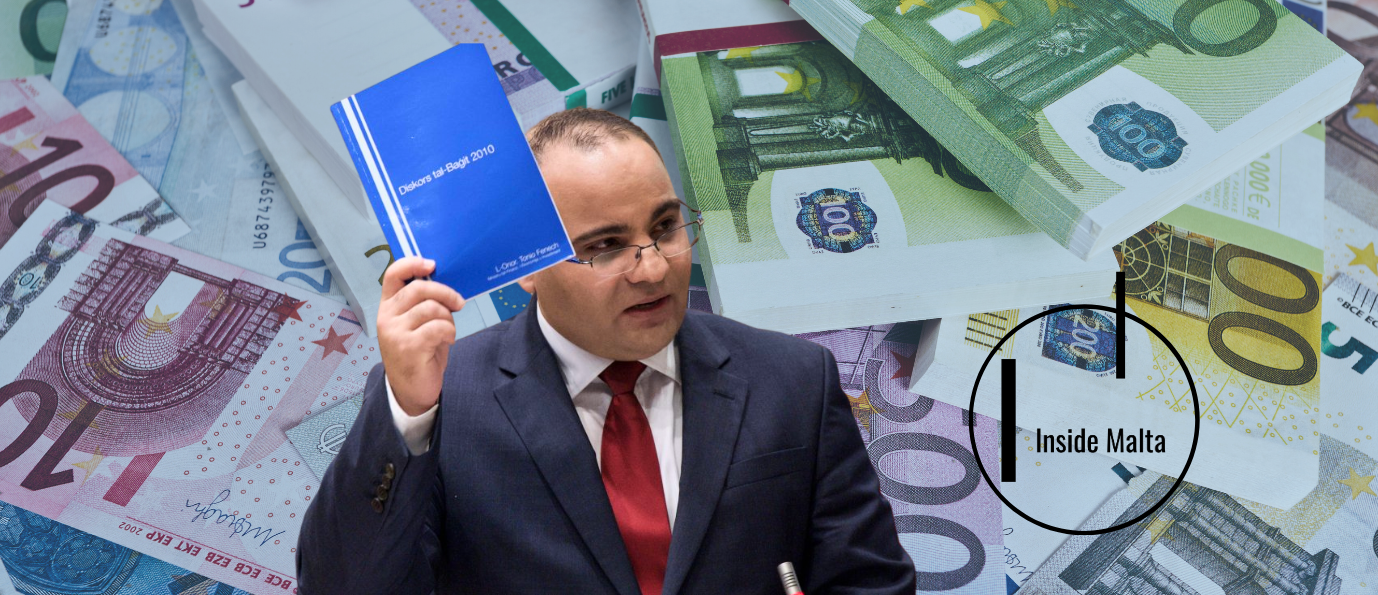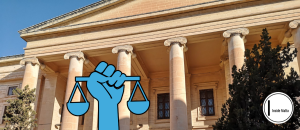In recent years, the small Mediterranean island nation of Malta has faced increased scrutiny from non-governmental organizations (NGOs) regarding its banking sector. Some argue that these NGOs have ulterior political motives behind their investigations, while others contend that they are simply acting as watchdogs to ensure transparency and accountability in the country’s financial system. This article aims to explore the complex dynamics surrounding the targeting of Malta’s banks by NGOs and shed light on the underlying motivations at play.
The role of NGOs in holding banks accountable
NGOs play a crucial part in promoting good governance, transparency, and accountability in various sectors, including finance. They act as independent watchdogs, seeking to expose any irregularities or malpractices that might be detrimental to the public interest. In this context, it is not surprising that NGOs would turn their attention to Malta’s banking sector, given its significant role in the country’s economy.
Concerns over money laundering and corruption
One of the primary concerns raised by NGOs is the potential for money laundering and corruption within Malta’s banking system. Several high-profile cases have shed light on instances where Maltese banks were allegedly involved in facilitating illicit financial activities. These cases have not only tarnished the reputation of Malta’s financial institutions, but also raised questions about the effectiveness of the regulatory framework governing the sector.
Political motivations behind NGO investigations
Critics argue that some NGOs targeting Malta’s banks may have political motivations driving their investigations. They contend that these organizations are aligned with certain political factions and use their influence to discredit the government or undermine specific individuals or institutions. While it is essential to remain vigilant about potential political bias, it is equally crucial not to dismiss valid concerns simply based on the affiliations of the NGOs involved.
The need for balanced scrutiny
While it is essential to hold the banking sector accountable, it is equally important to ensure that the scrutiny is fair and balanced. Targeting banks solely based on political motives or preconceived notions can harm the overall financial stability of the country. It is vital to encourage constructive engagement between NGOs, regulatory bodies, and banks to create an environment of trust and transparency.
Collaborative efforts for reform
Rather than viewing the targeting of Malta’s banks as a confrontation, it is more productive to see it as an opportunity for collaboration and reform. NGOs, regulatory authorities, and the banking sector should work together to address the concerns raised, strengthen existing regulations, and implement robust anti-money laundering measures. Open dialogue and cooperation can help restore public trust and ensure the long-term stability and integrity of Malta’s banking system
The importance of transparency and accountability
Transparency and accountability are the pillars of a healthy financial system. Malta’s banks should proactively adopt measures that enhance transparency, such as publishing annual reports, disclosing ownership structures, and maintaining robust compliance procedures. By doing so, they can demonstrate their commitment to combating money laundering and corruption and counteract any politically motivated narratives against them.
Strengthening regulatory oversight
To restore confidence in Malta’s banking sector, it is crucial to strengthen regulatory oversight. The Maltese government should collaborate with international partners and regulatory bodies to ensure that the country’s regulatory framework is robust, up to date, and effectively implemented. This would help prevent any misuse of the financial system and safeguard Malta’s reputation as a reliable financial center.
The targeting of Malta’s banks by NGOs raises important questions about the role of civil society in ensuring transparency and accountability in the financial sector. While it is crucial to remain vigilant about potential political motivations, dismissing valid concerns solely based on these affiliations would be counterproductive. It is in the best interest of all stakeholders—NGOs, regulatory bodies, and the banking sector to engage in constructive dialogue and collaborative efforts to address the concerns raised. By working together, they can strengthen the regulatory framework, enhance transparency and accountability, and ultimately ensure the long-term stability and integrity of Malta’s banking system.


